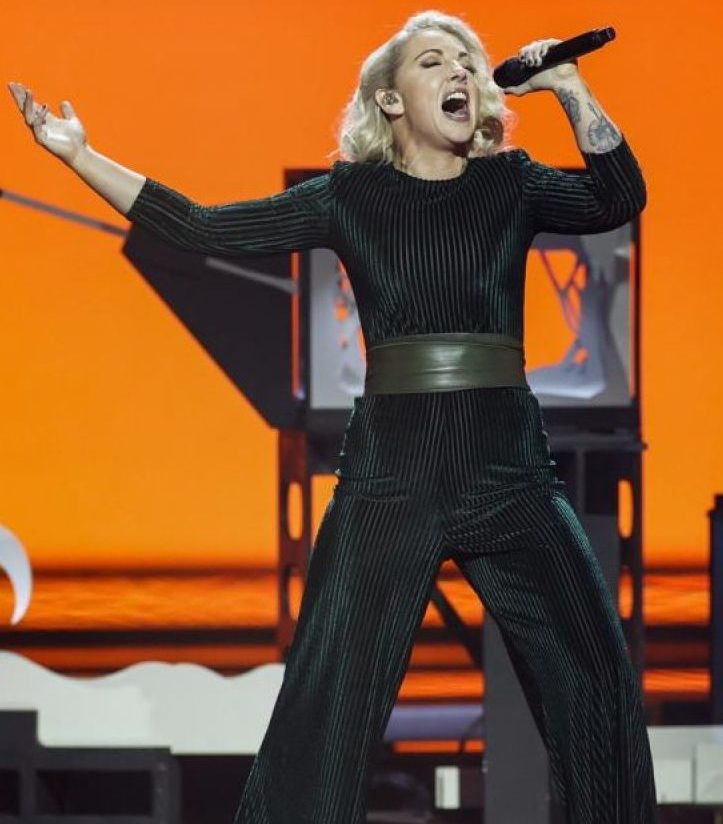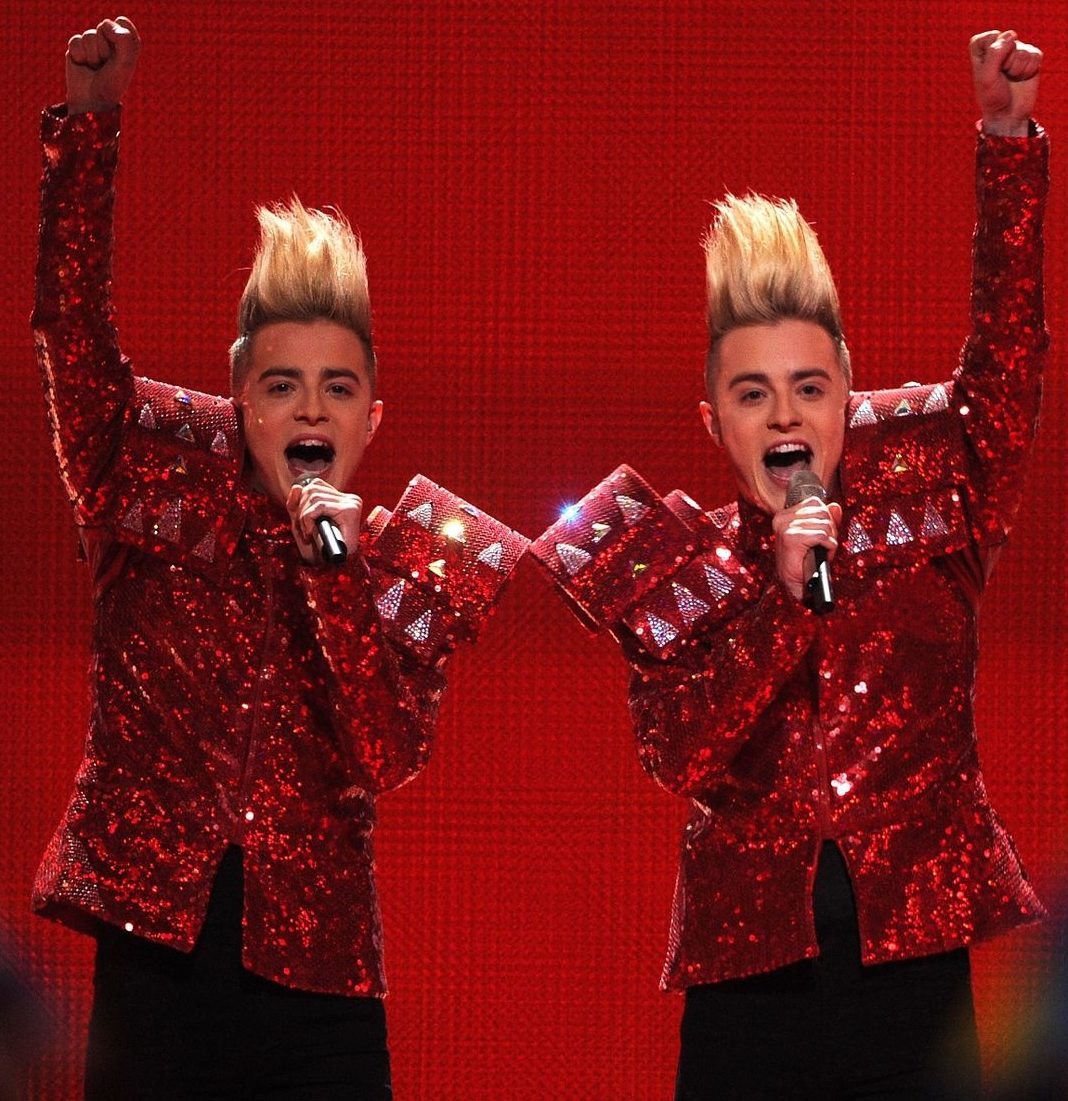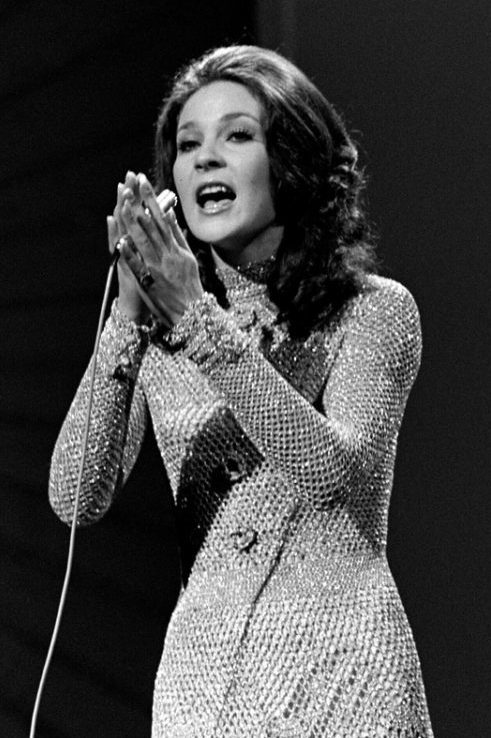
All opinions expressed in this article are those of the author and do not represent the opinions of ESCUnited as a whole.
Ireland has participated in Eurovision since 1965 and currently holds the record for most wins in contest history – an amazing seven wins, with three being consecutive (1992, 1993, and 1994). Their seventh and final win came in 1996, with Eimear Quinn’s “The Voice”, and their highest placement since that win was during the 1997-host year, when Marc Robert’s came 2nd with his song “Mysterious Woman”. Since then, Ireland and RTÉ have faced a topsy-turvy adventure in the contest, with placements as high as Eamonn Toal’s 6th place in 2000 and Jedward’s 8th place in 2011, to dead last in the semi-finals in 2019 and 2021. Taking out the auto-qualification for the 2004 and 2007 contests, Ireland’s semi-final qualification record stands at a concerning 43%.
So how did a country that dominated the contest just 25 years ago arrive at such a crossroads? Has something shifted in the cosmos? Is Ireland no longer relevant in the contest? Do Eurovision fans hate Ireland? Simply put, the answer to all of those questions is no, but Head of Delegation Michael Kealy’s comments on Radio 1 this week highlighted one of the biggest reasons – they appear to be out of touch with what could be considered “good” for Eurovision.
Using the 2022 process as a baseline
Speaking on the show about why Ireland has not been doing well in the contest, Kealy brought up a variety of reasons around the 3:52 mark: “…the rules changed at the end of the ’90s and that kind of, ehm, sort of mitigated against us, really. Because, ehm, they introduced the semi-finals, so they made people qualify for the final, when previously there was, ehm, an automatic qualification to the final.”
He went on to say: “Everyone can sing in English, and before only, you know, two or three countries were allowed to sing in English. So the rules have changed, and the way it’s an entirely different competition to the one that we were winning in the ’90s….so there are 43 countries involved, so,I mean, if you were to take the law of averages, it would be once every 43 years we would win. So it has become tougher, there’s no doubt about it, but, you know, I think we go every year with what we hope will be the best shot.”

And that is a fair opinion to have. The removal of the language rule, the expansion of the contest that required the use of semi-finals, and other changes have made the game difficult for broadcasters. But what sticks out to me is the comment that, “…everyone can sing in English, and before only, you know, two or three countries were allowed to sing in English.” This line makes it seem as if the delegation’s current belief is that things only got hard for them when their language was no longer special in the contest, as if singing in English was actually an advantage. However, the facts simply don’t corroborate that statement. While, yes, all but three winning songs have been mostly sung in English – the contest has proven over and over again that English was never the key to doing well, especially when you look at the winning songs pre-language rule change. What matters is the song.
And this is where Kealy’s comments start to take a turn and appear to have really upset Irish Eurovision fans. Eurovision fans have wanted another Eurovision song sung in Irish for years now, one that is innately Irish and represents their country, their heritage, and, most importantly, themselves. Speaking about the delegation’s approach to Eurovision, Kealy states, “…you can enter something that you know isn’t going to win but is going to showcase your culture, but there’s not much point in doing that, cuz we’re in there to try and actually compete, we’re trying to get to the final, and ultimately do well and possibly win.” It is worth noting that he would go on to mention that, if an ethnic Irish song with that certain X-factor came along, they would certainly consider it.
An open letter to the Irish delegation for the #Eurovision Song Contest. I wanted to voice the concerns of Irish and international followers of the contest to the current Irish approach, in hopefully a constructive way! Please RT if you agree. @michaelkealy1 @rte @RTE_Ents pic.twitter.com/5ntpvg1irW
— Lee (@stilesbadjuju) January 21, 2022
He would go on to state about the songs for this year: “That’s one of the things that we look for is something that is going to be a good pop tune, that would do well on radio, regardless of the Eurovision. You know? Something that would be a hit anyway, because, like, the songs that are entered now are songs that would be hits around Europe now.” I would say, if you look to Twitter, Eurovision fans might feel slightly different than Kealy, as shown by the online letter written by Lee (@stilesbadjuju), who lives in Ireland. The letter was posted this morning and has already collected nearly 200 likes and 84 retweets. In the letter, Lee specifically rejects the notion that the contest is centered around pop music and radio hits and that Ireland should not send ethnic based music to the contest. He also describes the national selection format as slightly flawed.
So what’s gone wrong for Ireland?

I feel as if the answer is a multi-tiered response, as there’s a lot of things to cover, but I want to start with the fact that I agree with Lee’s sentiments. Firstly, if the Irish broadcaster and delegation’s purpose for entering the contest is to send a pop radio hit across Europe, they’ve missed the mark for a number of years. The only song that can come close to being considered a radio “hit” in Europe since the 2000s began would be Jedward’s 2011 entry “Lipstick”, which charted in ten different countries: Austria, Belgium (Flanders and Wallonia charts), Finland, Germany, Ireland, Netherlands, Sweden, Switzerland, UK, and South Korea.
The second closest would be Ryan Dolan’s 2016 entry “Only Love Survives”, which charted in only four countries, including Ireland, with Lesley Roy’s song “Maps’ charting in two other countries besides Ireland. Their remaining entries have charted only in Ireland or not at all. For reference, Ukraine’s 2021 song “Shum”, an ethnic song like the one Kealy referenced on the show, has hit twenty charts across sixteen different countries, including the Billboard Global 200 in The US. So, if the perspective is to find a chart-able song, Ireland appears to be missing the mark severely. And, as of right now, it’s nearly impossible to find the competing entries for Eurosong 2022, unless you know the artists by name and search their individual YouTube channels.
The Irish cousins choosing which country we tell people that were from after hearing the Irish 6 songs pic.twitter.com/NRIhbyS8qE
— Meehall
TERRA
(@saoasflores) January 21, 2022

Second, there’s another issue at play here which appears to be this long standing aversion to “sounding Irish”, relating back to the comments that it doesn’t make sense to send an ethnic song to Eurovision because they are there to compete. Sending a message like this discourages a number of artists from even considering submitting an entry to the broadcaster, limiting the already small pool of talent that RTÉ and the delegation are trying to select from. If you then apply the lens of finding a “pop radio hit”, you will likely wipe out a majority of the submission pool in an instant.
Next, while Radio 1 and Ryan Tubridy are likely great partners for RTÉ and the Eurovision delegation, revealing the entries on the morning radio, with little to no warning, and also giving the artists zero promotion is just not a good approach. I would certainly give them the benefit of the doubt, because this is the first time they have run the national final since 2015, but it is not the first national final they have organized, and there is next to no excitement about the selection at all.
One song left to reveal but Ireland are in deep non-qualification territory. #Eurovision
— Jon Will Chambers (@jonwillchambers) January 20, 2022
In an age where social media is easily accessible and free, when we have access to information at the palms of our hands, and when broadcasters can send press releases out in a few minutes to announce plans, RTÉ has opted for none of that. In fact, the only message about Eurosong 2022 was posted on their Facebook page back in September 2021 for the open call, and the first post on the Eurosong section of the official website since 2015 came the morning of the first song releases (January 17th).
And, finally, I agree that the national final – though pure in intention and which will likely be fun to watch – is likely to miss the mark even further. The broadcaster, who has invested in shows like Last Singer Standing and Dancing with the Stars Ireland can certainly organize a multi-show selection featuring a variety of artists, genres, and stagings that go beyond a small and dark TV studio stage. The San Marinese broadcaster SMRTV is one of the smallest competing countries in Eurovision, and, yet, has organized a national final that includes three weeks of auditions, five semi-finals, and a grand final. If San Marino can do it – anyone can do it.
So what should Ireland do?
This is the hardest question of all to answer, but I’ll do it briefly. If Ireland wishes to be successful, I believe a few things need to happen:
- Embrace songs that celebrate your culture and language, and adjust language/messaging to reflect this.
- Actively seek out and invite artists to submit an entry to the national final, who are both established in their careers and up-and-coming artists.
- Work with Irish record labels and more Irish songwriters to write songs for the national selection, possibly even hosting songwriting camps for artists who have been selected to compete.
- Increase the investment and effort towards promoting both the Eurovision pre-selection submission process, the pre-selection show, and the build up to Eurovision itself.
- Organize a formal release process for the songs, either through a dedicated YouTube channel, Spotify, or other method beyond SoundCloud recordings and radio play.
- Create a national final that reflects and highlights the diversity of music found in the Irish scene, not just another batch of pop songs.
While I cannot guarantee that these adjustments will spell victory for Ireland in the coming decade, it will put the delegation and broadcaster in line with the countries they are competing against in the semi-finals. By a simple adjustment of their approach, it is likely that the field of submissions would grow, the quality of the submissions would improve, a larger variety of artists/genres would be sent to the contest, and their likelihood of qualifying could increase as well.
That's Rich is by far the best song I've heard for Ireland so far. I think it's their best shot of qualifying and hopefully she does well and inspires other young Irish artists to take part in Eurovision in the future
— Danny
(@EscDannyJ) January 18, 2022
But there is still hope for Ireland, as not everyone has such a negative view about this week’s releases. I, for one, love the artists they have picked for the show. I think they each have immense talent and potential, but the songs will all need some level of remastering. And Eurovision fans, both local and abroad, have latched on to one or two songs as well, giving hope that Ireland could make it into the final this year.
However, only time will tell if these hopes and dreams are correct, or if it will lead to another year of disappointment in the semi-finals.
What do #YOU think Ireland should do to increase their track record at Eurovision? Let us know on social media @ESCUnited, on our discord, or on our forum page!







 Italy: Sanremo 2025 Night Two Results
Italy: Sanremo 2025 Night Two Results
 Kuba Szmajkowski Interview: Pray is about the “possibilities every day”
Kuba Szmajkowski Interview: Pray is about the “possibilities every day”

 Malta: Miriana Conte wins MESC, will serve “Kant” in Basel
Malta: Miriana Conte wins MESC, will serve “Kant” in Basel


 : Which Countries Have Gone the Longest Between Contest Victories?
: Which Countries Have Gone the Longest Between Contest Victories?